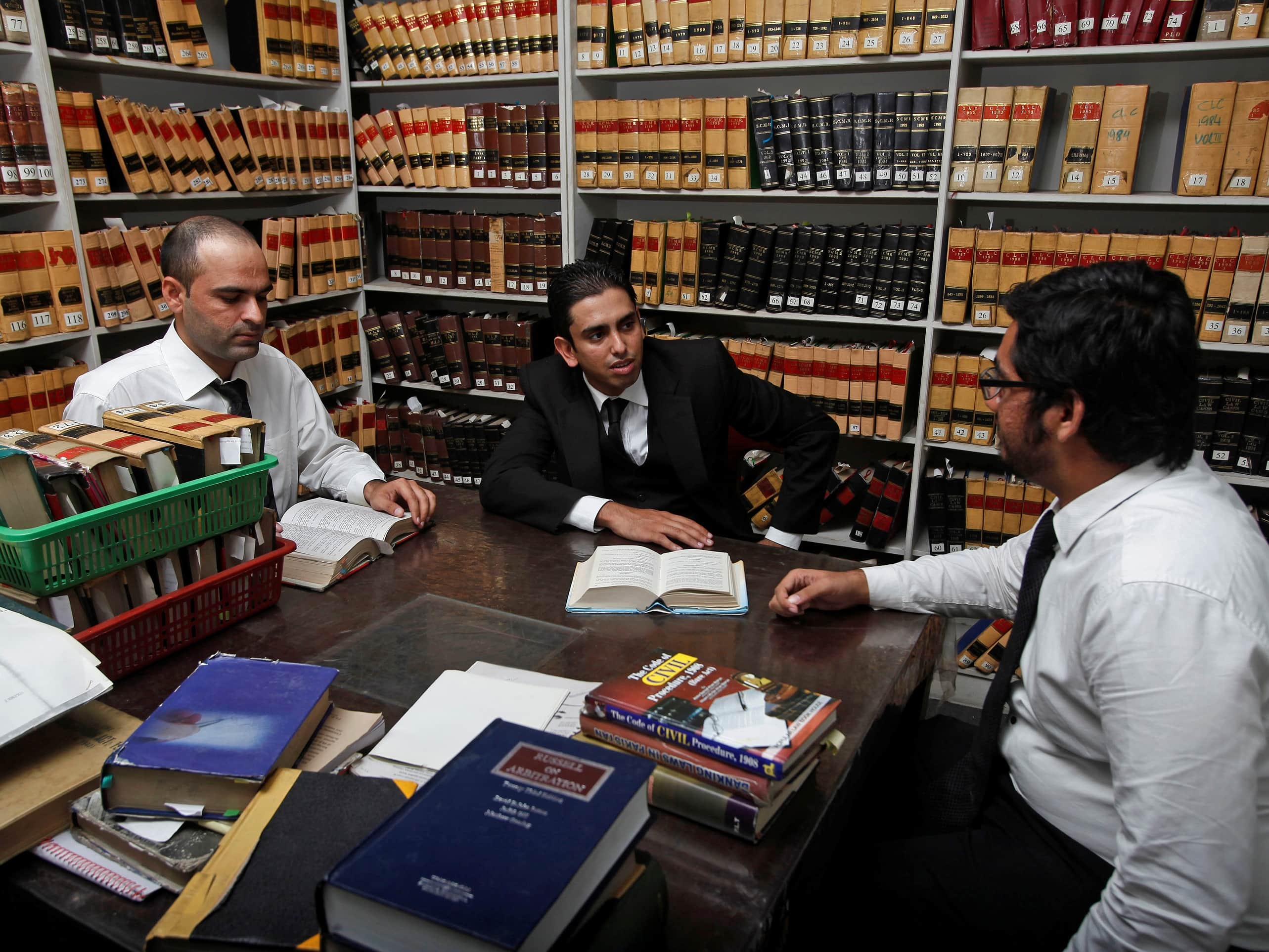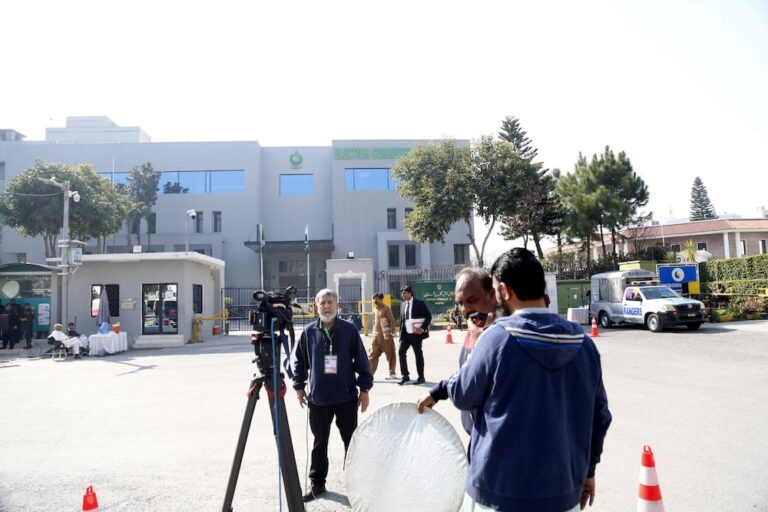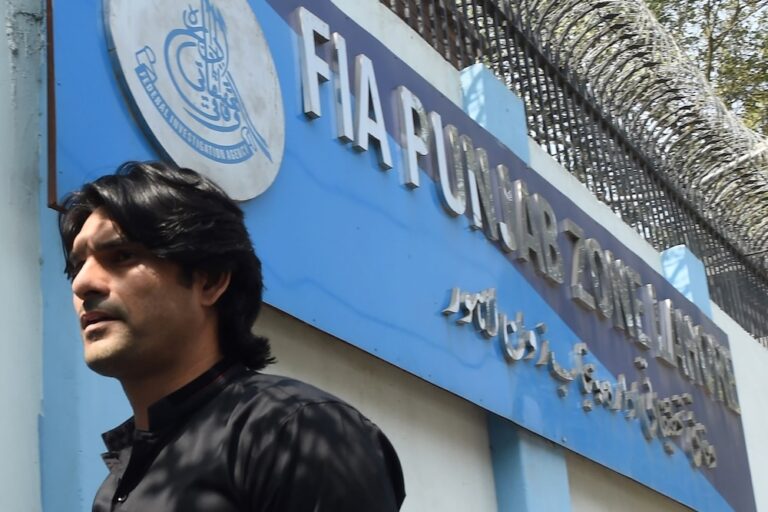Days before Pakistan's telecommunications minister is due to explain the government's decision to continue blocking YouTube, Reporters Without Borders and Bytes for All condemn this act of censorship and call on the government to lift the ban immediately.
It is a year to the day since the Pakistani authorities blocked access to the video-sharing platform YouTube on 17 September 2012 in response to the release of The Innocence of Muslims, a film considered blasphemous by many in the Muslim world.
Two days before Pakistan’s telecommunications minister is due to appear before the Lahore high court to explain the government’s decision, Reporters Without Borders and the Pakistani digital rights group Bytes for All (B4A) join in condemning this flagrant act of censorship and call on the government to lift the ban immediately.
Bytes for All filed a petition with the Lahore high court in January 2013 challenging the blocking of YouTube, saying it was illegal and unconstitutional and inconsistent with Pakistan’s obligations under the International Covenant on Civil and Political Rights. The petition was received favourably by the high court, and the new government said in June that the blocking could be lifted when the Pakistan Telecommunication Authority (PTA) had created a national filtering system. The purpose of such a system is to prevent any blasphemous or pornographic content.
“We hope that, at the end of this hearing, the Lahore high court judge orders the unblocking of YouTube, just as the Sindh high court ordered an end to censorship of websites in April 2012,” Reporters Without Borders and Bytes for All said.
“We condemn the massive censorship being put in place in Pakistan, and the government’s implementation and use of a filtering system to curb citizens’ online freedoms.”
Bytes for All country director Shahzad Ahmad said: “From a legislative viewpoint, this ban curtails the individual’s right to access information on matters of public interest, as well as violating the right to privacy, speech and assembly. Such filtering systems are a major blow to freedom of expression and almost always counterproductive and a waste of taxpayers’ money.”
In recent months, evidence of the installation of filtering technology has emerged while the blocking of YouTube persists. During national elections last May, a music video by the band Beyghairat Brigade that is critical of Pakistan’s army generals was blocked on the Vimeo website.
Citizen Lab and Bytes for All released a joint report in June claiming that “Netsweeper,” filtering software developed by a Canadian company, was being used on the networks of the Pakistan Telecommunication Company Limited (PTCL), which accounted for about 60 per cent of the Pakistani broadband market in 2012.
The report said this technology had been implemented by the Canadian company for the purpose of filtering political and social content on independent media websites and sites concerned with human rights and religious subjects.
The 19 September hearing in Lahore will be of crucial importance for the future of the Internet in Pakistan, which ranks 159th out of 179 countries in the Reporters Without Borders press freedom index.



